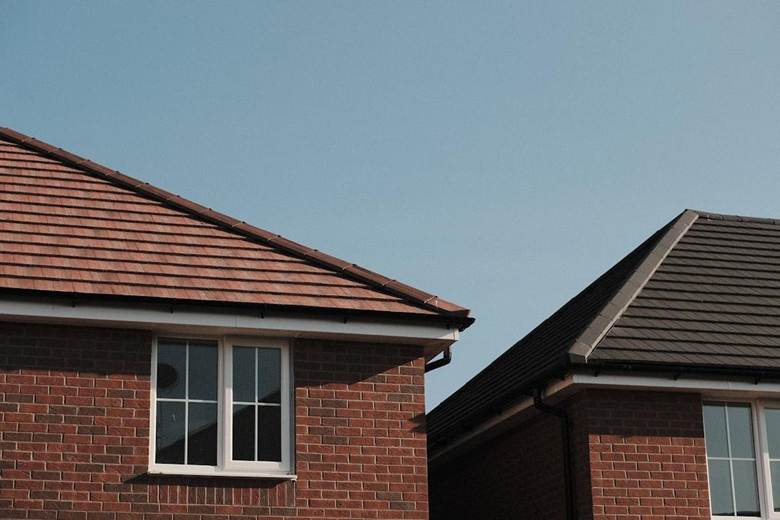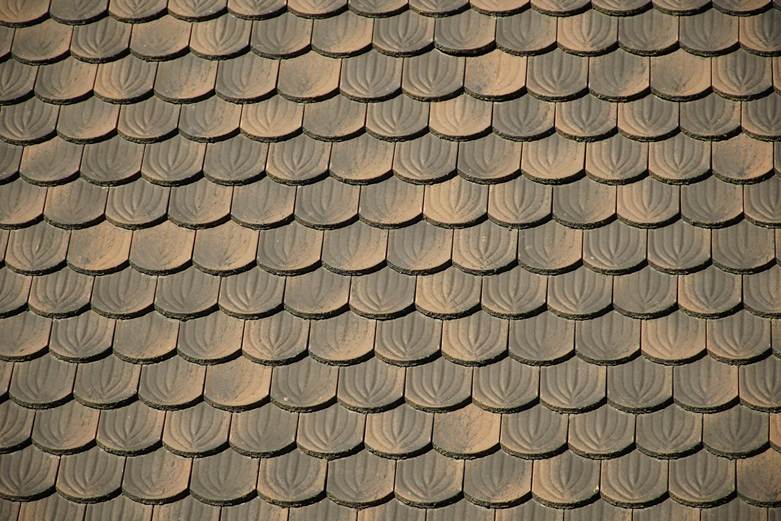Real estate investment requires careful consideration of various elements that contribute to property value, including the roof. A new roof can influence a property's appeal and market value. This element goes unnoticed during initial evaluations, yet it holds substantial sway over potential buyers and investors alike.
The condition of a roof can determine how quickly a property sells, its final sale price, and how much maintenance and upgrades might cost a future homeowner. Learn more about the importance of a new roof and how it can help investors make informed decisions about property purchases and renovations.

Image source: https://unsplash.com/photos/brown-brick-house-under-blue-sky-during-daytime-DXWoUTH3swA
Curb Appeal and First Impressions
A well-maintained, aesthetically pleasing roof can attract potential buyers and investors. An aging or deteriorating one can evoke negative perceptions, leading to lower offers or extended time on the market. Most home buyers form opinions about a property based on its exterior during their initial drive-by. Investing in improvements like a new roof can uplift the entire façade of a home, making it appear more inviting and well-cared-for.
Buyers are wary of homes that require major repairs or even a replacement. A new roof assures buyers of the longevity of this component and can lessen the need for significant renovations shortly after purchase. Professional roofers know how to install a new roof that appeals to interested buyers. Before making your choice, get an Albany roofing estimate from potential roofers in your area and decide which one is the most suitable for you. A new roof is a compelling selling point in real estate marketing strategies.
Property Value
Home improvements dramatically affect appraisal values, and a new roof is one of the most impactful enhancements you can make as a homeowner. New roofing materials improve the energy efficiency of a home. Eco-friendly materials and designs can appeal to environmentally conscious buyers. Implementing energy-efficient solutions can reduce heating and cooling costs. Investors should consider that properties with energy-efficient upgrades command higher prices and attract buyers who are willing to pay a premium for sustainability.
A new roof diminishes the likelihood of future repairs. Reduced maintenance can translate into more lucrative offers. Buyers shy away from properties with known issues, so presenting a home with a new roof can distinguish it from others on the market. A new roof is a strategic move that can have far-reaching financial implications for any real estate investor.
Attracting the Right Buyers
Families, first-time homebuyers, and even seasoned investors prioritize different features when viewing properties. Knowledge about the significance of a roof can allow sellers to cater to the expectations of diverse buyer groups. Many first-time buyers are reluctant to take on properties that require significant repair work. These individuals are drawn to homes that appear move-in ready.
Investors targeting rental or vacation properties understand the value of a new roof in minimizing long-term maintenance costs. These individuals can appreciate that a well-constructed roof protects their investment over the years.
Lower Insurance Premiums
Insurance premiums are an ongoing cost for property owners, and they can be influenced drastically by the condition of a roof. New roofs qualify for lower premiums, translating to massive savings over time. Insurers offer discounts for properties with updated roofing systems, as these are viewed as stable and less likely to incur damage from weather events.
An updated roof brings a sense of assurance to property owners and insurance companies. These providers recognize that newer roofs adhere to improved safety codes and standards. Bad weather and unforeseen events can be less of a concern when the roof remains a sturdy line of first defense against nature. Investors can now allocate funds elsewhere and make a well-planned roofing investment a multifaceted financial strategy.
Regulatory Compliance and Safety Standards
Real estate investments must comply with various local codes and regulations concerning structural safety. Old or damaged roofs can cause several compliance issues that affect ownership stability and incur expensive penalties. Property owners can guarantee their assets meet the latest safety standards and that no violations are at risk.
In many regions, roof replacements meet energy efficiency mandates. Updated roofing installations that adhere to local energy codes can benefit owners with financial incentives, tax credits, or savings on energy bills.
Long-term Investment Strategy
Investing in real estate is about playing the long game. The foresight to replace a roof when necessary demonstrates a prudent investment strategy. Many investors make the mistake of overlooking the immediate benefits in favor of upfront cost savings. Poor roof conditions can lead to extended issues and detract from property value.
Regular maintenance checks and roof replacements support the longevity of a property’s structural integrity. Investors can prevent future ruinous repairs that can eat into profits and erode cash flow. Those who wait too long to address roofing issues find that small problems escalate into repairs. All these elements combine to improve property value, attract buyers, and reduce long-term costs for a healthy investment portfolio.

Image source: https://pixabay.com/photos/pattern-texture-roof-roof-tiles-7516979/
Upgrading a roof is an investment that can deliver substantial returns. Through increased property value, lower insurance costs, and minimized future repairs, a new roof can improve real estate performance. Understanding these connections can help investors make strategic decisions that positively influence their property portfolios.









